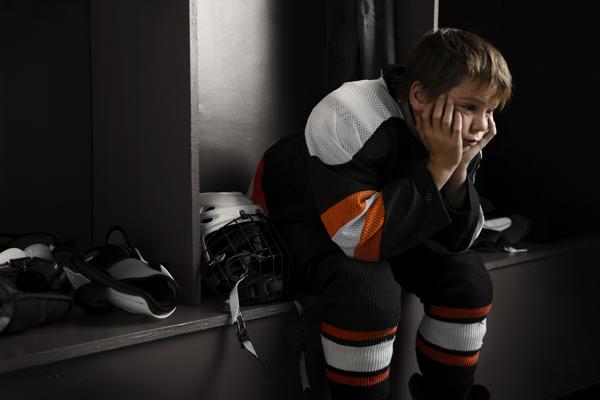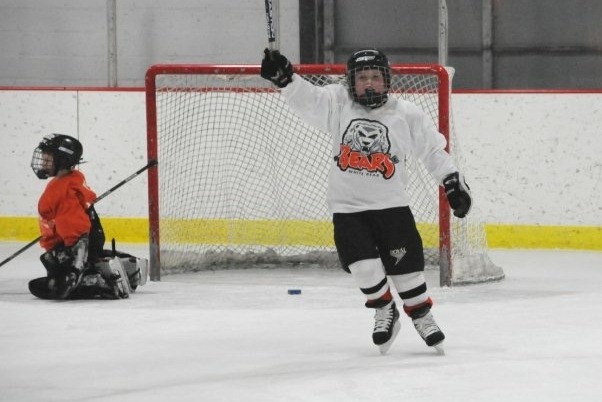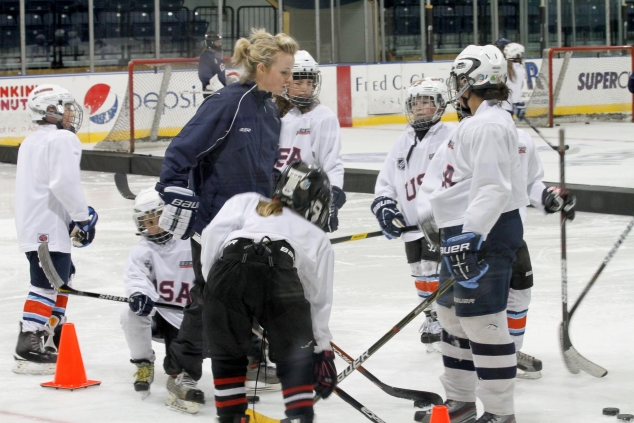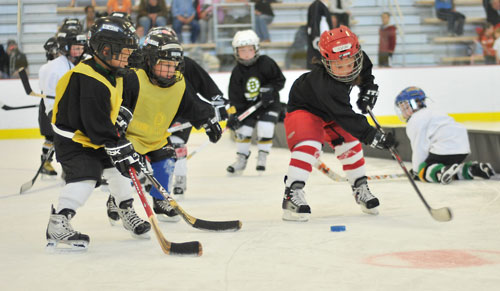Hal Tearse has spent the past 40 years coaching youth, high school, junior and college hockey. His teams have won four state titles in Minnesota and participated in four National Championship tournaments. Tearse also served as Minnesota Hockey Coach-In-Chief for eight years and as Chair of the Safety Committee for the past five, successfully working to significantly reduce player and coach injuries in Minnesota and nationally. He has produced 15 skills videos to help coaches develop their players while writing hundreds of articles about coaching that have appeared in several print and web publications throughout North America. Hal is a Senior VP. Branch Director at RBC Wealth Management in Minnetonka, Minn., who also enjoys photography, fly fishing, skiing and spending time with his family.










